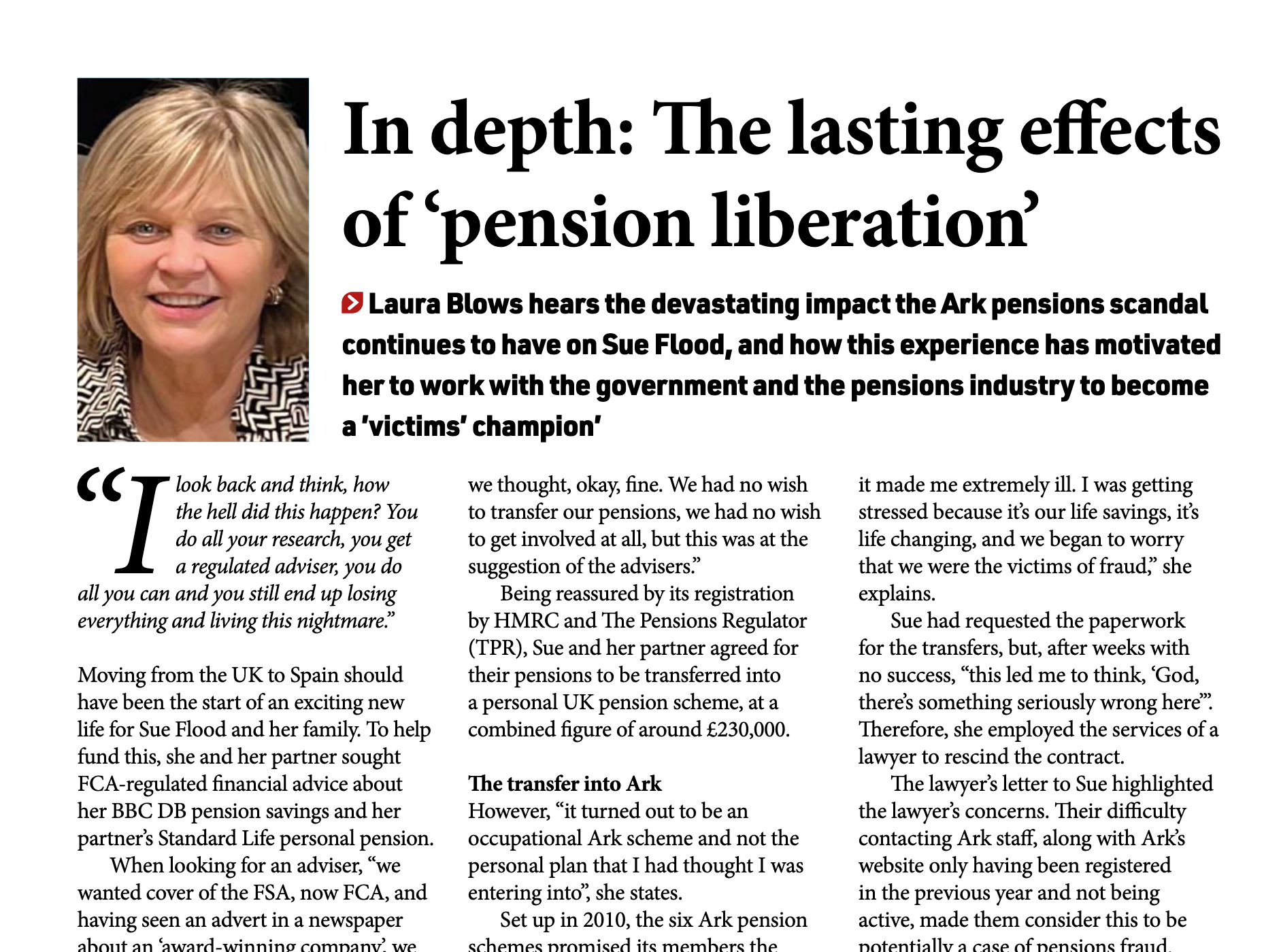According to media reports, HMRC is under fire for allegedly inflicting serious harm on vulnerable taxpayers—particularly those who have experienced financial abuse.
Tax and business advisory firm Blick Rothenberg has raised urgent concerns over HMRC’s treatment of individuals caught in complex or abusive financial situations. Partner Fiona Fernie highlighted multiple cases where vulnerable taxpayers were subjected to prolonged inquiries, lack of empathy, and crushing penalties—even in situations where individuals were unaware of the income being questioned.
It was reported that in one harrowing case, a woman whose husband secretly deposited and removed funds from their joint account was pursued for failing to notify HMRC of the income—despite having no knowledge of it. The severe stress led her to attempt suicide. Yet HMRC reportedly took months to conclude the inquiry and ruled she had "no reasonable excuse," while demanding backdated interest and penalties spanning 20 years.
“HMRC must improve their understanding of financial abuse and mental health conditions,” said Fernie. “They need to act with compassion, not further punish those who are already struggling.”
Read the full article here:
Dorset Echo – HMRC accused of causing undue harm to vulnerable taxpayers
🔍 Why This Matters to Our Campaign
This article strongly reinforces the concerns at the heart of the Investment Fraud HMRC Campaign. Victims of investment and pension fraud are often re-traumatised by HMRC’s aggressive pursuit of tax liabilities, even when they were misled or manipulated into fraudulent schemes.
This case shows the issue extends beyond investment scams—highlighting how financial abuse, mental health conditions, and institutional misunderstanding are leading to severe emotional, financial, and even life-threatening consequences for taxpayers.
📣 Our Message to the Government
The Government must act now. This is not just about isolated failures—it’s a systemic issue.
We are calling for:
- A clear, compassionate policy for victims of fraud and financial abuse
- HMRC to stop penalising victims and instead pursue the actual perpetrators
- Full alignment with the Victims’ Code of Practice
- Better staff training on financial abuse and vulnerability
If you’ve been affected by HMRC’s treatment after being defrauded, we urge you to share your experience with us as we continue to campaign for justice and reform.


